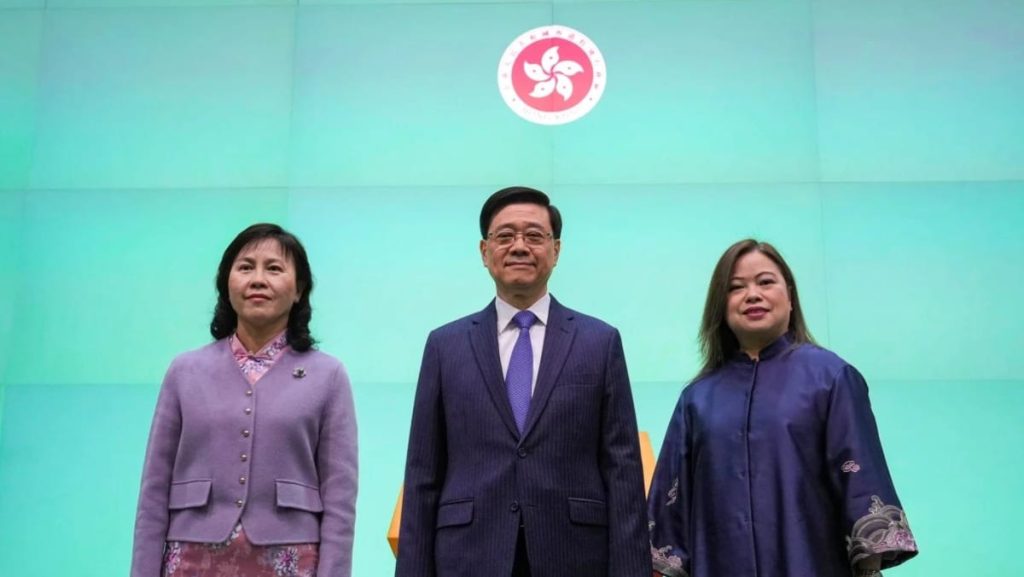On December 5, 2023, Hong Kong’s Chief Executive John Lee Ka-chiu initiated a notable shake-up in the government by dismissing two prominent ministers—Kevin Yeung Yun-hung, the Secretary for Culture, Sports, and Tourism, and Lam Sai-hung, the Secretary for Transport and Logistics. This unexpected move was sanctioned by the State Council, which acts as the central government’s executive arm, and emphasized a strategic decision for enhancing the effectiveness of the administration’s approach to critical sectors such as tourism and transportation. The decision aligns with the government’s overarching commitment to addressing the challenges faced by these sectors amid a post-pandemic recovery phase.
In the ensuing restructuring, former Permanent Secretary for Housing Rosanna Law Shuk-pui was appointed as Yeung’s successor, while Mable Chan, previously the Permanent Secretary for Transport and Logistics, took over the role left by Lam. The appointments reflect a continuity within government ranks, tapping into experienced bureaucrats who are already familiar with the complexities governing their respective fields. During a press conference, Chief Executive Lee underscored the need for a redefined leadership approach, highlighting the importance of innovative thinking and reform-oriented mindsets to rejuvenate the transport and tourism landscapes in Hong Kong.
While Chief Executive Lee refrained from detailing specific shortcomings that led to the ministers’ dismissal, he emphasized that the changes stemmed from a period of observation regarding the performance and contributions of the outgoing ministers. Notably, he acknowledged their commitment to public service and expressed gratitude for their efforts, reinforcing the notion that all members of the government are dedicated patriots striving for the public good. Lee’s comments suggest a desire for a more dynamic response to the pressing challenges faced by the tourism and transport sectors, which are crucial for Hong Kong’s economic recovery and growth.
In a reflective note following the announcement, Kevin Yeung took to social media to express his gratitude for the support he has received during his tenure. He mentioned embracing a new phase in his life and conveyed a positive outlook on future opportunities. Yeung’s career in public service began in 1992, and he notably advanced to the role of Undersecretary for Education in November 2012, illustrating a longstanding commitment to developing policy and services in Hong Kong. His departure signals a shift not only for him personally but potentially for the areas he oversaw, as new leadership comes with fresh perspectives.
The reassignment of these cabinet members comes at a time when Hong Kong is navigating a complicated recovery process post-COVID-19, with authorities eager to revitalize economic activities and bolster confidence among both residents and international visitors. With Rosanna Law and Mable Chan at the helm, there is a possibility of new strategies being deployed to modernize tourism offerings and enhance the efficiency and safety of transport systems. The emphasis on reform by the new ministers may lead to innovative initiatives aimed at attracting visitors and improving the overall living experience of Hong Kong residents.
Ultimately, the changes in leadership within the Hong Kong government signify a commitment to revitalizing crucial sectors and responding to evolving public needs. The swift transition and appointment of experienced successors suggest that the administration is keen on ensuring continuity while also ushering in a new era of progressive approaches to governance. As the newly appointed ministers step into their roles, the focus will likely be on addressing the unique challenges posed by a transforming global landscape, enhancing service delivery, and fostering an environment conducive to sustainable growth for Hong Kong’s tourism and transport sectors.

